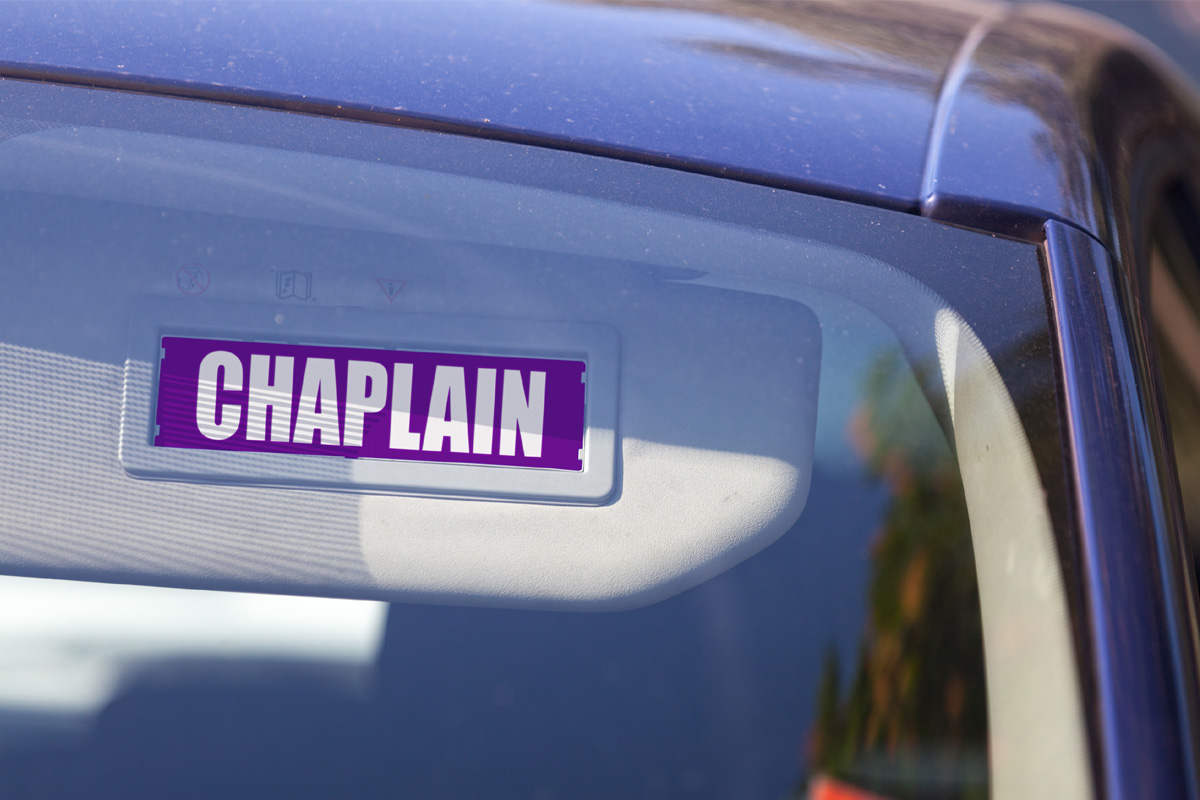What Does a Chaplain Do and How Much Do They Get Paid?

Chaplaincy is a critical field that is growing around the world. Chaplains provide spiritual and emotional support to individuals who may be going through difficult times, and they are trained to provide care and counseling to people from a wide range of backgrounds. These spiritual caregivers are most often found in settings such as hospitals, prisons, schools, and military bases, although new institutions and organizations are recognizing the need for chaplains all the time.
In 2019, a National Opinion Research Center survey found that 21 percent of Americans reported contact with a chaplain in the previous two years, mostly through health-care organizations, and the pandemic has surely increased that number since then.
What Chaplains Are Paid
The salary of a chaplain can vary depending on a number of factors, including the chaplain’s level of education and experience, the type of organization they work for, and the location of the job.
According to data from the Bureau of Labor Statistics, the median annual salary for chaplains was $52,830 in May 2020. However, chaplains working in certain industries, such as hospitals and the federal government, tend to earn higher salaries than those working in other industries.
In hospitals, chaplains have a salary range of roughly $44,000 to $73,000. Chaplains who work for the federal government, such as those working for the Department of Veterans Affairs or the Department of Defense, may earn higher salaries due.
Federal Bureau of Prisons chaplains normally start at a GS-9 level, but there are positions open to qualified candidates at a GS-12 level. In 2022, newly hired GS-9 in Boston would make $61,268 and a newly hired GS-12 in Boston would make $88,850. In a prison setting, chaplains may provide counseling and support to inmates, helping them to come to terms with their actions and prepare for their eventual release. They may also provide guidance on how to lead a more fulfilling life and make better choices in the future.
Chaplaincy: A Growing Field
There are chaplaincy job openings in the military, federal prisons, higher education, health-care organizations, community centers, sport teams, and even Fortune 500 companies. Chaplaincy has evolved greatly over the past decade. Now even some veterinary hospitals hire chaplains to care for pets and their humans during difficult times.
Chaplains work with people from all religious backgrounds, or from none at all, offering a supportive presence, counseling, and the occasional ritual. In most settings, chaplains are guided by a code of ethics that prohibits proselytizing and requires them to serve everyone.
Becoming a chaplain requires specialized training, although training varies depending on the position. Hartford International University for Religion and Peace offers an MA in Chaplaincy program with various optional specializations. What makes this program unique is the interreligious nature of Hartford International’s student body and faculty, which allows chaplains to learn in a setting that resembles the pluralistic world we live in.
The actual duties of chaplains are determined by the sector and specific institution in which they are employed. While the roles and responsibilities of military and prison chaplains are clearly defined, the work of chaplains in colleges, universities, and community settings is more improvisational. It’s estimated that the career is expected to grow 12% between 2018 and 2028. That’s almost 400,000 job opportunities in the United States alone.
Overall, chaplaincy is important and rewarding because it provides individuals with emotional and spiritual support when they need it most. Chaplains are trained to offer a wide range of support, including emotional support and counseling, and to provide services in a non-denominational and non-judgmental way, so that their services are accessible to people of all beliefs and backgrounds.
Tags: what does a chaplain do
